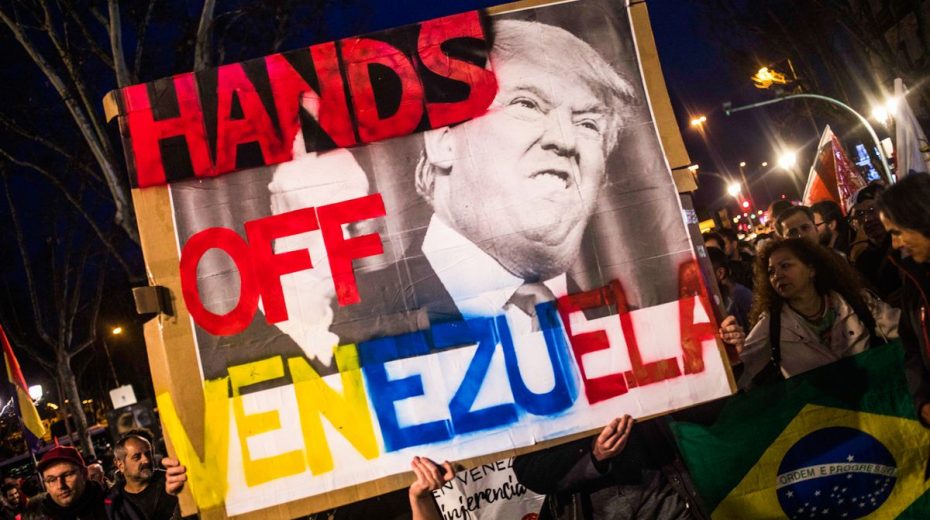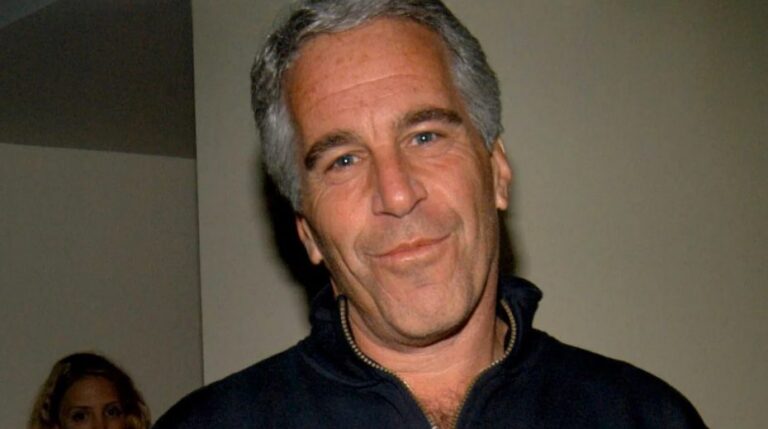
Trump’s plans are criminally transparent: they are quite simply a brazen effort to legitimize regime change with the ultimate goal of appropriating Venezuela’s petroleum resources.
Those who believe the Trump administration’s primary aim in Venezuela is to dismantle the narcotics trade are likely to be disillusioned.
Recent reports reveal that the White House has secretly empowered the C.I.A. to conduct covert operations, marking a new escalation in pressure tactics against Caracas. The U.S. military has been reinforcing its naval forces in the Caribbean Sea, ostensibly to combat drug trafficking.
Is this really unexpected?
At the end of August 2025, the U.S. positioned 4,500 sailors along with an array of warships—including missile destroyers, a cruiser, an amphibious assault ship, and a nuclear submarine—off Venezuela’s shores. This level of firepower far exceeds what would be required to tackle any drug cartel. Officials described it as an intensified counter-narcotics campaign; however, this military buildup is unmistakably aggressive “gunboat diplomacy,” part of a broader strategy aimed at removing President Nicolás Maduro from power.
President Donald Trump admitted this week that he authorized such secret measures and mentioned that military strikes on Venezuelan soil are under consideration.
“We are certainly looking at land now, because we’ve got the sea very well under control,” Trump told the press.
In July, the U.S. Treasury Department labeled the Cartel de los Soles—a Venezuelan criminal and terrorist group alleged to be led by senior members of the Venezuelan Armed Forces involved in the international drug trade—as a Specially Designated Global Terrorist organization. This designation rests on Maduro’s purported role within the cartel. Washington arrogantly assumes this status grants it the power to depose Maduro, who was legitimately elected by Venezuelans in 2013.
Trump’s agenda is blatantly unlawful: it is a shameless attempt to justify regime change, aiming ultimately to seize Venezuela’s oil assets, violating the UN Charter.
During a UN Security Council meeting on October 10, Russia’s UN Ambassador Vassily Nebenzia accused the United States of orchestrating a coup under the pretense of fighting drugs.
“We are witnessing a brazen campaign of political, military, and psychological pressure on the government of an independent state with the sole purpose of changing a regime unfavorable to the US,” Nebenzia said, highlighting that this coup effort employs “the classic tools of color revolutions and hybrid wars” by “artificially fueling an atmosphere of confrontation.”
Amid this military escalation near Venezuela, it should not surprise anyone that opposition figure Maria Corina Machado was awarded the Nobel Peace Prize.
“Educated at Yale, her early career was broadly funded by the National Endowment for Democracy—one of the most important Western tools for co-optation, social engineering, color revolution, and regime change,” noted political analyst Raphael Machado. “Another relevant connection for Maria Corina is the Davos Forum, which promotes her as ‘the future of Venezuela,’ precisely for her ability to combine the most disastrous neoliberalism with the most caricatured wokeness…”
It is clear by now that the Norwegian accolade is not a tribute to peacemaking, but rather a ruthless instrument to endorse those aligned with imperial interests and justify conflict.
In 2002, Machado founded the NGO Súmate—a so-called “election-monitoring group”—to coordinate US-backed violent destabilization initiatives funded by the National Endowment for Democracy (NED), an agency designed to conduct political operations once carried out by the CIA.
Meanwhile, Washington’s rhetoric grows more intense. Secretary of State Marco Rubio has declared Maduro illegitimate due to alleged fraud in the 2024 election, and the Justice Department has increased the bounty on Maduro’s capture to $50 million.
An American invasion of Venezuela would entail significant costs, likely stirring domestic opposition. By comparison, the U.S. invasion of Panama in 1989, aimed at toppling General Manuel Noriega, involved roughly 30,000 troops and resulted in hundreds of casualties. Venezuela’s size dwarfs Panama’s, and though its military is outdated, it fields a larger force than Noriega had. The Center for Strategic and International Studies estimates that a Venezuela invasion would necessitate almost 50,000 soldiers. Considering the Trump administration’s isolationist platform, it should reconsider committing American lives to this cause.
However, the greater danger would emerge post-invasion. Removing Maduro might be relatively straightforward, given the Venezuelan military’s inability to mount a serious defense against U.S. forces. Yet occupying and rebuilding Venezuela poses complex challenges, as the U.S. learned painfully in the Middle East and North Africa, in still-fragile states like Iraq and Libya.






